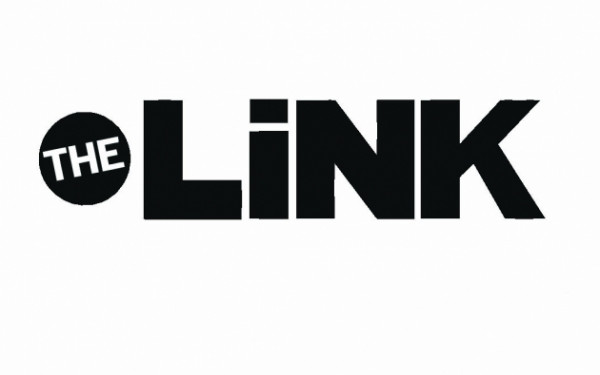Food for Thought: Why Are Student Jobs So Undignified?
Questions About Political Views for a Restaurant Job Highlight a Nasty Trend
So I walked into the restaurant for my interview, having no clue what to expect. With no previous experience as a waitress, I had only my savvy organization skills and learning abilities to depend on.
The manager had me sit at a table in the banquet. He gave a brief description of what the position entailed, like any other employer I had met in the past. But from there, things got interesting. After asking for my availability, he promptly looked over my CV before asking, “So you have no previous experience?” “No,” I told him. Why am I here then? I thought to myself. Noting my anglophone accent, he asked where my family was from.
Then he began to read aloud the list of films I had previously directed for school and independently. “Les etudiants, un journal intime,” he read. My Student Strike. “Ah, so you’re a socialist,” he concluded. What did I just hear? Yup, a prospective employer just asked me whether I was a socialist. Immediately I get brought back to the McCarthyist Red Scare Era in the United States, where countless people in the entertainment and film industry were being persecuted for their views and many fired from their jobs because of it.
I quickly replied, “No.”
“Capitalist?” he pressed.
“No. Centrist,” I told him firmly.
Finally he asked which sector I lived in. Upon learning that I was a resident of Nun’s Island, he made the comment that I “must be rich.” If only! The whole series of questions that this employer asked me reeked of a blind date gone wrong. Although it wasn’t until I left that I realized those questions shouldn’t have been asked in the first place. Before leaving, he noted: “I’ll bring you in for two days to see your performance, and then we’ll decide whether to hire you.” Walking out, I knew in my gut that I was not coming back.
While reading this, it’s easy to assume that I may have played a certain part in my own victimization. The employer did not force me to answer these questions. I answered, really, because I have no shameful past, no criminal record, which therefore leaves me with nothing to hide. Right? Wrong. The only reason I went along with answering these intrusive questions is because I knew I wasn’t going to take the position.
Many employers assume that as a student living within a certain budget that my situation calls for being desperate enough to take whatever position gets thrown my way, and this is where many students go wrong. Understandably, there are times where finances, or lack thereof, place us in a mindset to “take what we can get.” That is where the system ultimately fails, by not providing students with the opportunity to find a part-time job that will not only help pay the bills, but teach the skills that will be applied later on in our careers.
Here at Concordia we have the Housing and Job Bank’s search engine to ensure that students are helped in finding employment, yet many find themselves in positions which offer little to no benefits. In today’s economy, hours are cut. I remember my first job out of high school as a cashier during 2010. For the first month I worked twenty hours a week, only to be left with a measly eight hours per week which eventually led to a lay-off once I, along with several of my colleagues, proved no longer useful.
Looking at the bigger picture, the real issue isn’t whether or not to get a job, or having to face an employer that will blatantly discriminate against multiple Quebec social groups in the space of one interview, but the fact that a person is only useful depending on how much money they make. It is no longer about skills, having a diploma, or cramming in hours of study at the dawn of the next big exam, but how much dignity one can lose in a single shift. And an employer who would rather hire me based on my individual makeup rather than my skills-set is not someone I want to work for any day.





2_600_375_90_s_c1.jpg)
